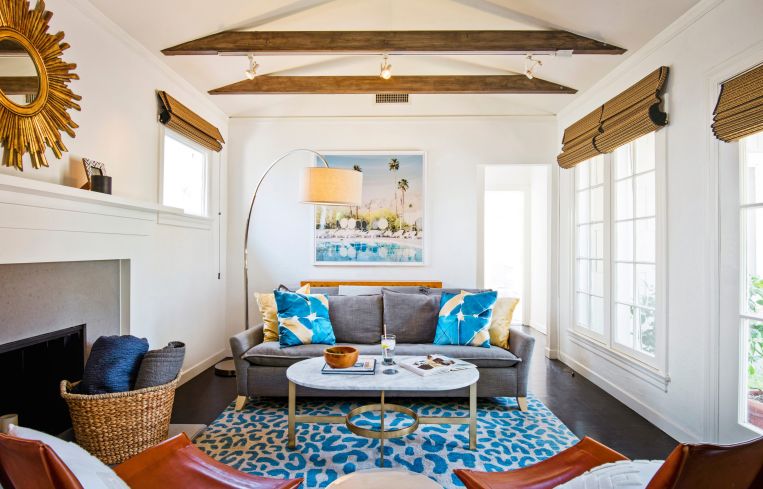New Study Finds Airbnb Cannibalizes the Hotel Business While Bolstering Demand
By Rebecca Baird-Remba May 15, 2019 11:57 am
reprints
It comes as no surprise that Airbnb steals business from hotels, but a new research paper published last month argued that the home-sharing platform also drives demand in a way that helps traditional hotels, especially during peak travel season.
Professors from the Tepper School of Business at Carnegie Mellon published a study last month in research journal Marketing Science that analyzed how Airbnb interacts with the hotel markets, and the conclusions were somewhat unexpected. The study authors, Hui Li and Kannan Srinivasan, found that Airbnb draws travelers away from cheaper hotels. But they also discovered that home-sharing can help increase travel and demand for lodging during peak times to travel, when expensive rates in traditional hotels would deter budget-minded travelers. Ninety percent of Airbnb’s business comes from leisure travelers, who usually book cheaper places to stay.
The researchers analyzed hotel demand and room rates across eight different cities: Chicago, Los Angeles, San Francisco, Washington, D.C., Austin, New Orleans, Seattle and Miami. Their data reveals that Airbnb, by introducing far more accommodation options that appeal to a broader range of travelers than typical hotels would, helps drive hotel demand in every city, especially ones that have fewer hotels. They suggest that hotels in all eight cities should consider doing less seasonal pricing, or even counter-seasonal pricing—setting lower rates during peak season and higher ones during the off-season—to counteract the competition from Airbnb. Mid-range and budget hotels already have to lower their room rates during the busiest part of the year in order to compete with home-sharing hosts.
Expensive hotels are still largely immune from the Airbnb effect, because they cater to business travelers, a market that Airbnb is only beginning to tap. Although the San Francisco-based startup has rolled out services for business travelers, traditional hotels still dominate the market for business travel because of their ease and flexibility compared to rooms in private homes. Airbnb is also investing in more hotel-oriented businesses to try and bridge the gap to offering higher-priced accommodations, as Commercial Observer reported yesterday.
“When Airbnb can successfully compete for business travelers head to head, that’s going to be more of a problem for high end hotels,” Li explained.
Another interesting finding from the paper is that many cities impose a tax on Airbnb hosts, which increases Airbnb room rates and in turn helps hotels. However, Li and Srinivasan found that taxes and other restrictions on Airbnb hosts help mid-range hotels more than pricey ones.
“Cities are trying to prevent Airbnb from hurting hotels too much,” said Li. “Those kinds of policies only help hotels up to a certain point. There are now a lot of third-party services like room cleaning and key changing, which actually reduce Airbnb hosting costs. And that will hurt hotels, especially high end hotels.”



